Metric Bolts: Precision Fasteners for Global Applications
Created at : May 20, 2025
What Are Metric Bolts?
Metric bolts are fasteners measured using the metric system, which is based on millimeters (mm), rather than inches like imperial bolts. Their specifications usually include:
- Diameter (e.g., M6 = 6 mm diameter)
- Thread pitch (distance between threads, in mm)
- Length (under the head to the tip, also in mm)
A typical metric bolt is labeled something like:
M8 x 1.25 x 30
This means:
- M8 = 8 mm diameter
- 1.25 = thread pitch (1.25 mm between threads)
- 30 = 30 mm long
They come in different strength classes, such as 8.8, 10.9, or 12.9—higher numbers indicate stronger bolts.
Common Uses of Metric Bolts
Metric bolts are widely used across many industries due to the global adoption of the metric system. Common applications include:
1. Automotive Industry
- Used in engine components, body panels, suspension systems.
- Preferred by European and Asian manufacturers (e.g., BMW, Toyota).
2. Manufacturing and Machinery
- Ideal for assembly of equipment, tools, and industrial machines.
- Consistency in sizing aids international production and maintenance.
3. Construction
- Used for structural frameworks, especially in steel constructions and prefabricated modules.
- Often used with metric nuts, washers, and anchors.
4. Aerospace and Defense
- Used in parts requiring high strength and precision.
- Often combined with metric-grade materials and torque standards.
5. Electronics and Appliances
- Secure small internal components and circuit boards.
- M2–M4 bolts are common for these smaller applications.
Benefits of Metric Bolts
- Standardization: Widely recognized and used globally.
- Precision: Thread pitch and diameter allow for more accurate fastening.
- Interchangeability: Easier to match with metric nuts and tools in global applications.
- Strength Classification: Clearly rated for specific loads and stresses.
Conclusion
Metric bolts are essential fasteners in modern engineering and construction, offering precise measurements, standardized sizing, and compatibility with globally adopted systems. Their wide range of applications—from automotive and industrial machinery to electronics and structural construction—makes them indispensable in both everyday and specialized projects. Whether you're assembling a complex machine or making minor repairs, using the correct metric bolt ensures reliability, safety, and efficiency.
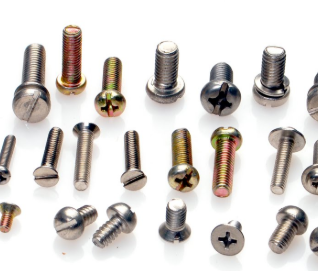 SCREWS
SCREWS
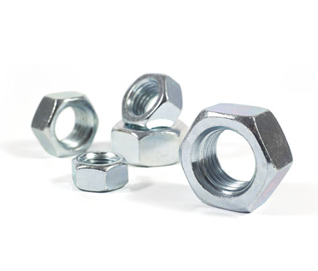 NUTS
NUTS
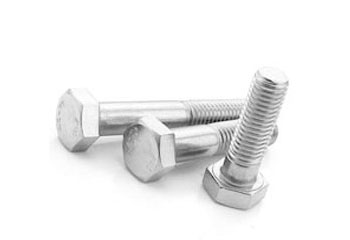 BOLTS
BOLTS
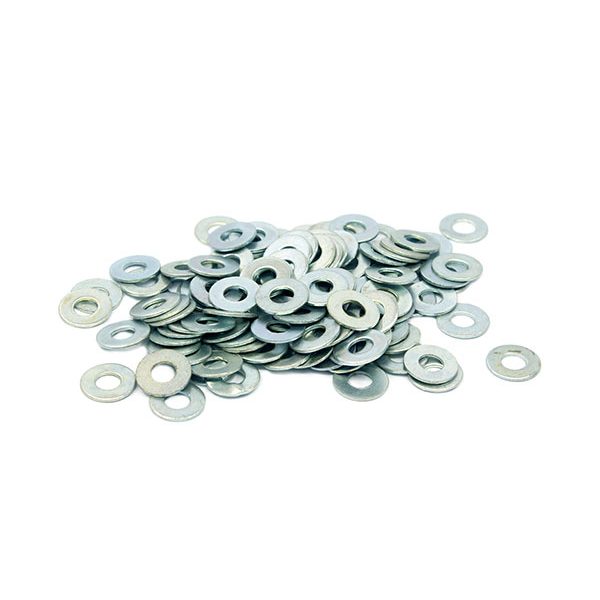 WASHERS
WASHERS
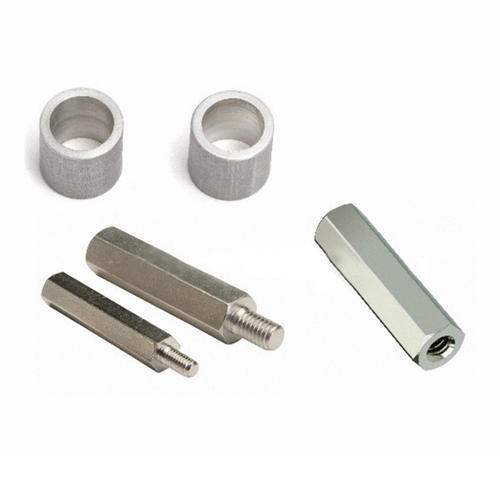 SPACERS & STANDOFFS
SPACERS & STANDOFFS
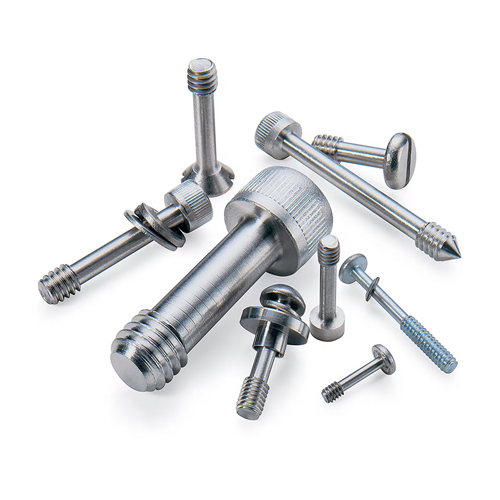 PRECISION/CUSTOM PARTS
PRECISION/CUSTOM PARTS
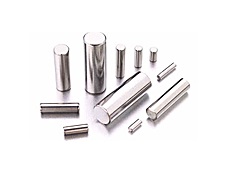 PINS
PINS
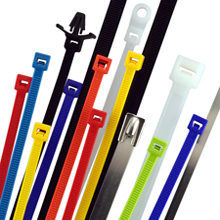 WIRE HANDLING
WIRE HANDLING
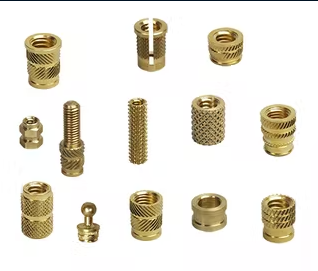 INSERTS
INSERTS
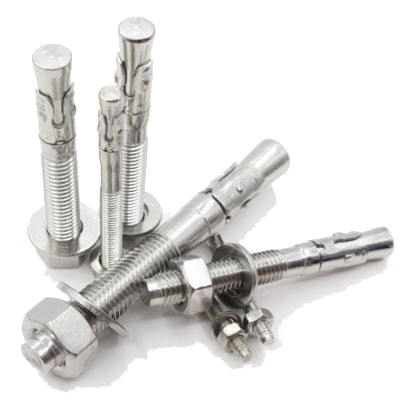 ANCHORS
ANCHORS
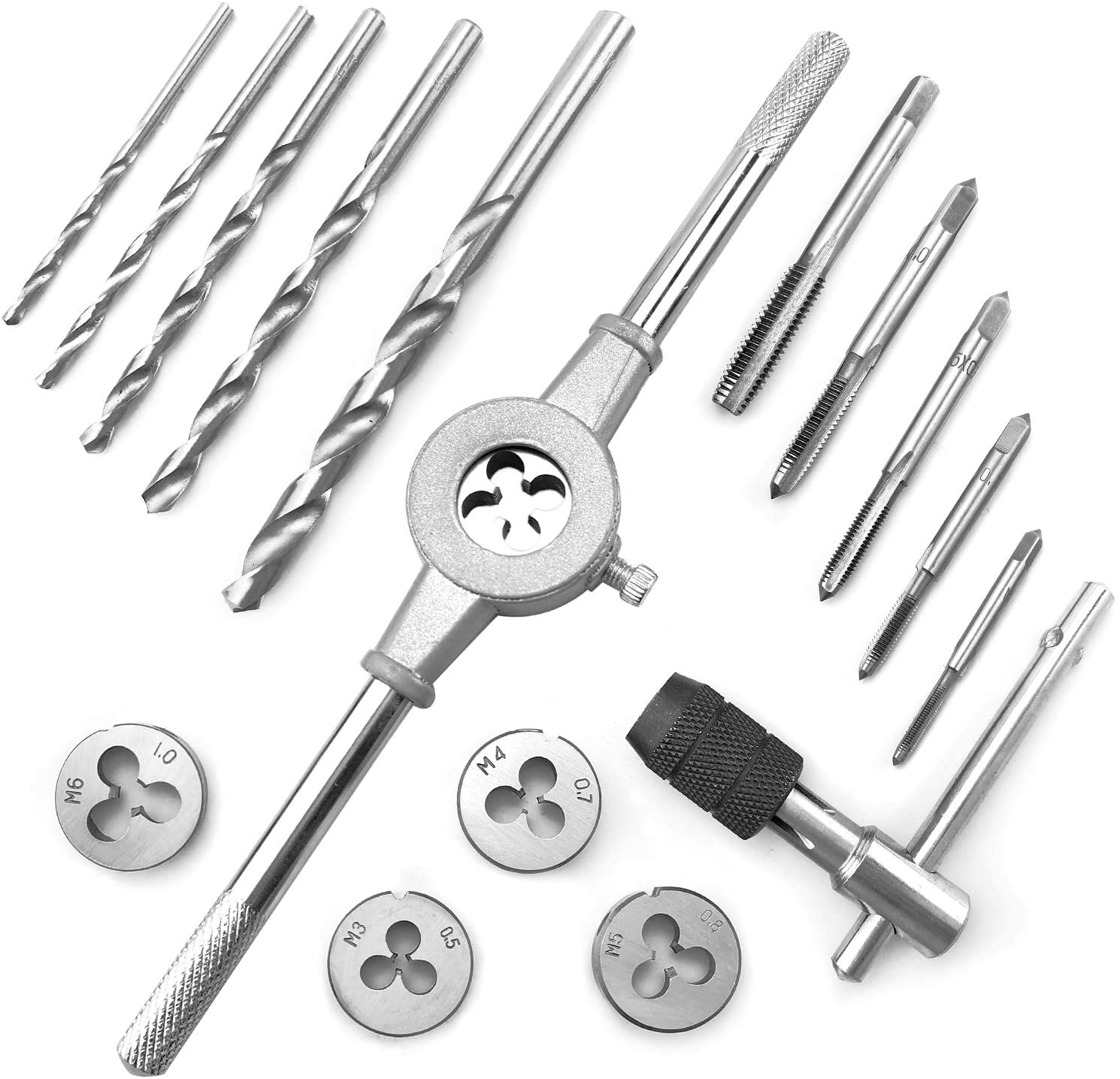 DRILL BITS, TAPS, & DIES
DRILL BITS, TAPS, & DIES
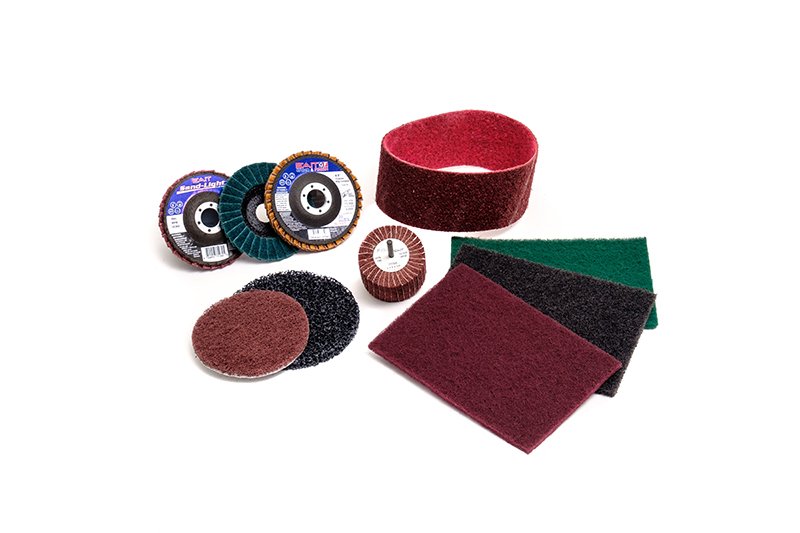 ABRASIVES & SAWBLADES
ABRASIVES & SAWBLADES
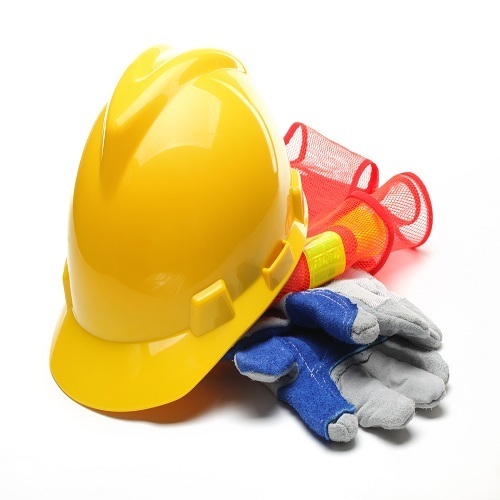 SAFETY EQUIP.
SAFETY EQUIP.
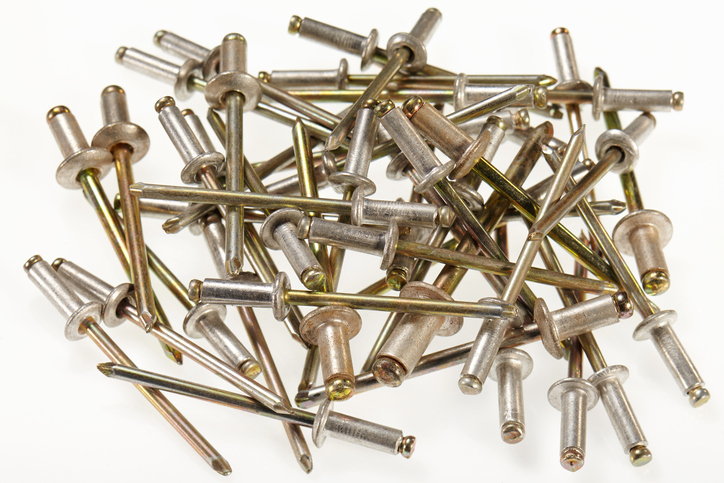 MISC.
MISC.
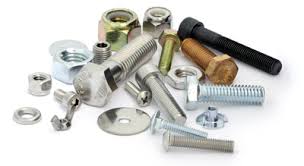 MATERIAL TYPES
MATERIAL TYPES
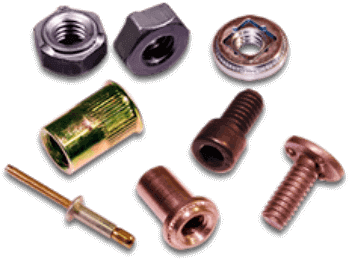 PLATING TYPES
PLATING TYPES